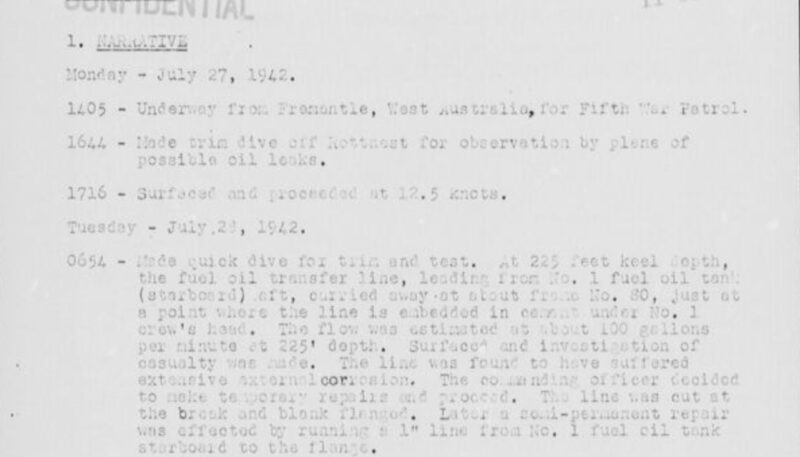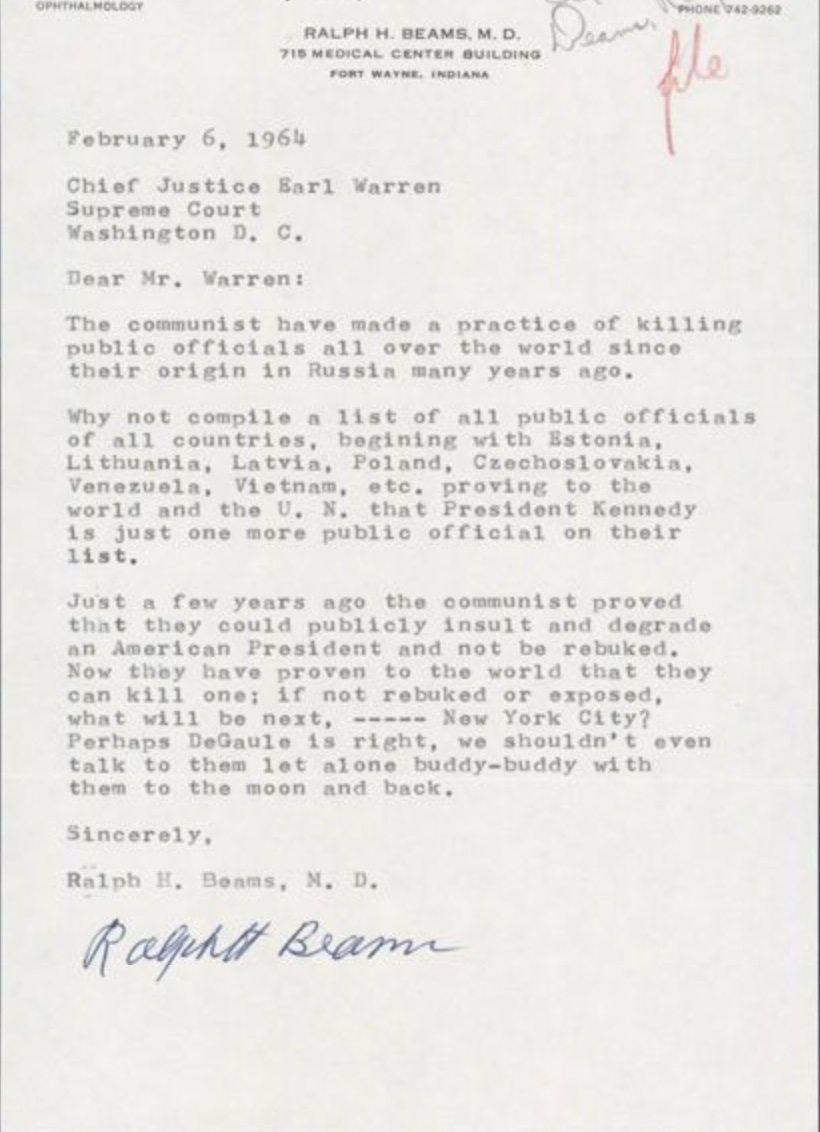If you—or, let’s face it, one of your retired family members—are looking for a historical side hustle, there’s a team in Washington who want to see you. A team of Top Men.
The National Archives is seeking volunteers to help transcribe and organize its many handwritten records. And apparently “anyone with an internet connection” is welcome to sign up for their Citizen Archivist program. The only special skill required? A keen eye for cursive.
Perhaps you’ve already thrown up your hands in defeat. Academics and historians have been mourning the lost art of cursive for a while now. Most American schoolchildren are no longer taught the old loop-de-loop. In 2010, it was omitted from the national Common Core standards.
And though claims re: cursive’s importance can tend toward the fusty and pearl-clutching, there is a case to be made for its use as a deciphering tool. As Drew Gilpin Faust put it in a 2022 Atlantic piece, “the inability to read handwriting deprives society of direct access to its own past.”
The historian and former Harvard president predicted a crisis of expertise that this job flier would seem to bear out. Though the archives do enlist a text-recognition AI software—care of the Top Men at IBM—there’s a strong need for human oversight to catch idiosyncrasies. And, you know. Get things right.
Archiving is also a numbers game. Though historians claim to digitize “tens of millions” of pieces of historical errata annually, there are many tens of millions of documents to go, and new material is always getting discovered. If you’re an intrepid citizen, new projects are sorted into “missions,” which categorize files by subject.
One such special project, #RevWarVets, kicked off in the summer of 2023 as a collaboration with the National Park Service. The two million documents under its jurisdiction include Case Files of Pension and Bounty-Land Warrant Applications dating between 1800-1912.
If not the most scintillating at a glance, this paper trail will help color in the war story from the home front, by providing testimony from the left-behind. Namely, the under-documented veterans and widows.
Joanne Blacoe, a National Parks planner, emphasized the project in a statement: “The pensions are revealing the stunning—frequently heartbreaking and sometimes funny—complexity, nuance and previously unknown details about the American Revolution.”
 If you can read this, your country needs you.
If you can read this, your country needs you.
Other citizen missions will send you underwater. You could help transcribe declassified World War II Naval intelligence, via patrol reports from USS Tigrone. Or citizen comments from President Johnson’s Commission on the Kennedy Assassination.
Not all the asks call for cursive-parsers, either. Those of us who are shaky on the old-timey Q can join the elite tagging force, linking events to places. A filer’s dream.
 A concerned (and concerning) letter.
A concerned (and concerning) letter.
As Faust told NPR, “when we can’t read documents from the past, then the past is presented to us indirectly.” And now more than ever, having vetted documentation of horrors bygone feels important.
The Citizen Archive program currently has 5000 volunteers.
Though pranksters take note. Should you elect to join the willing, there’s no one to stop you from trolling the government.
Images via
